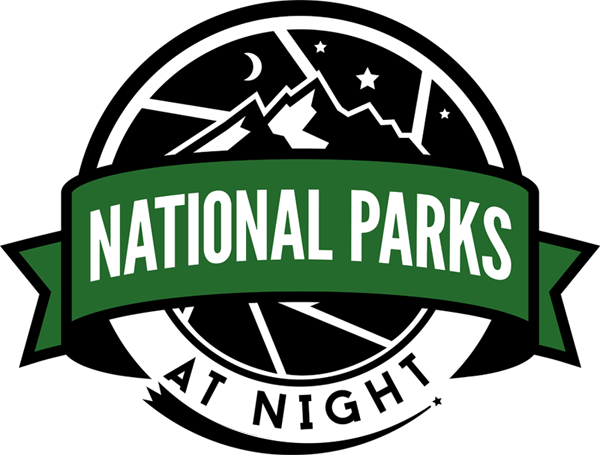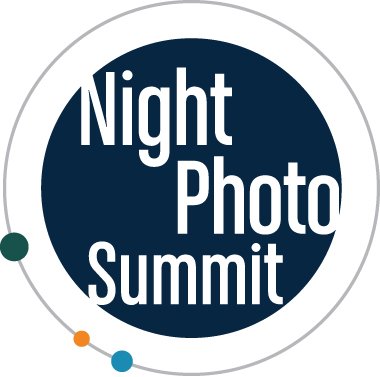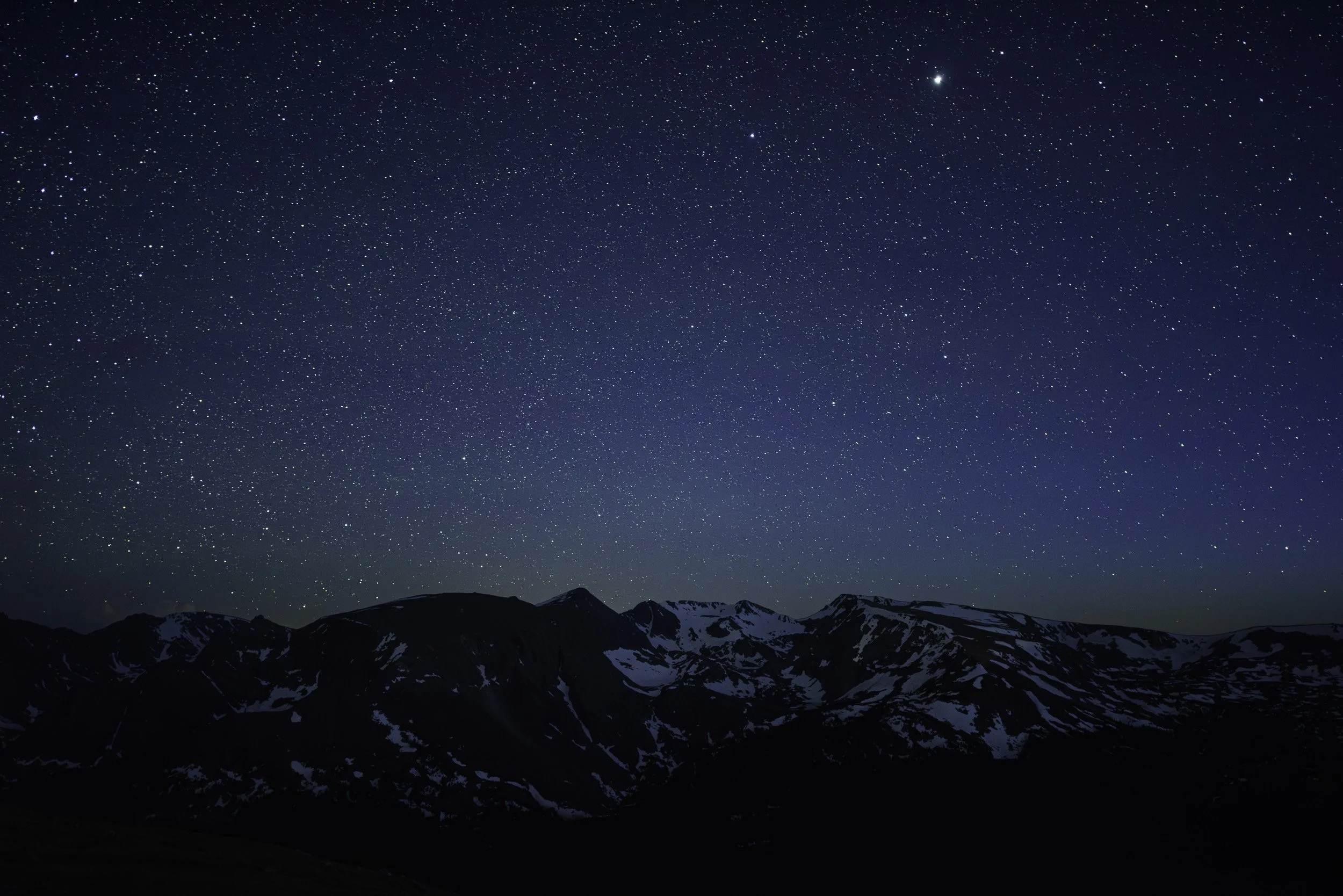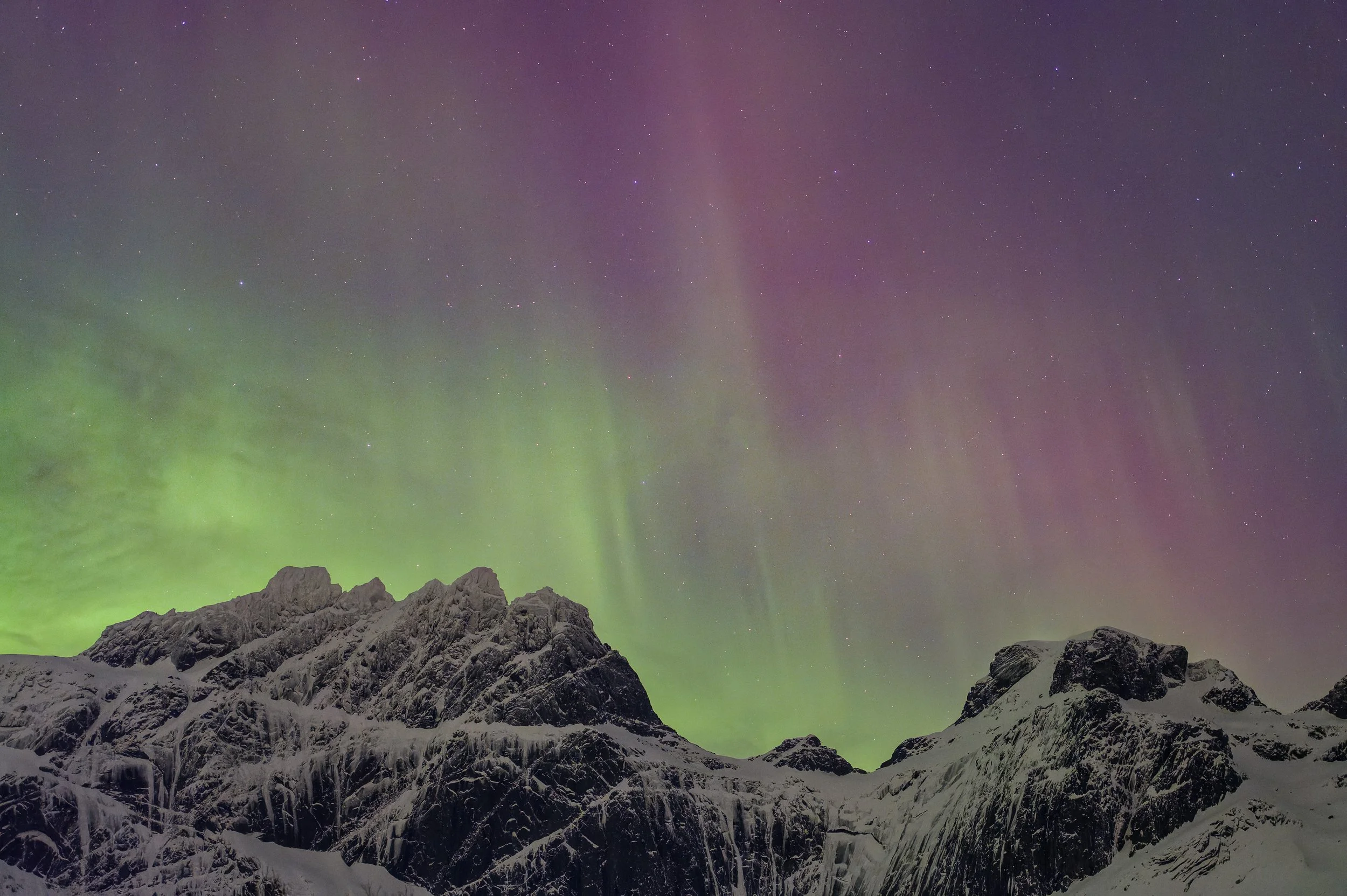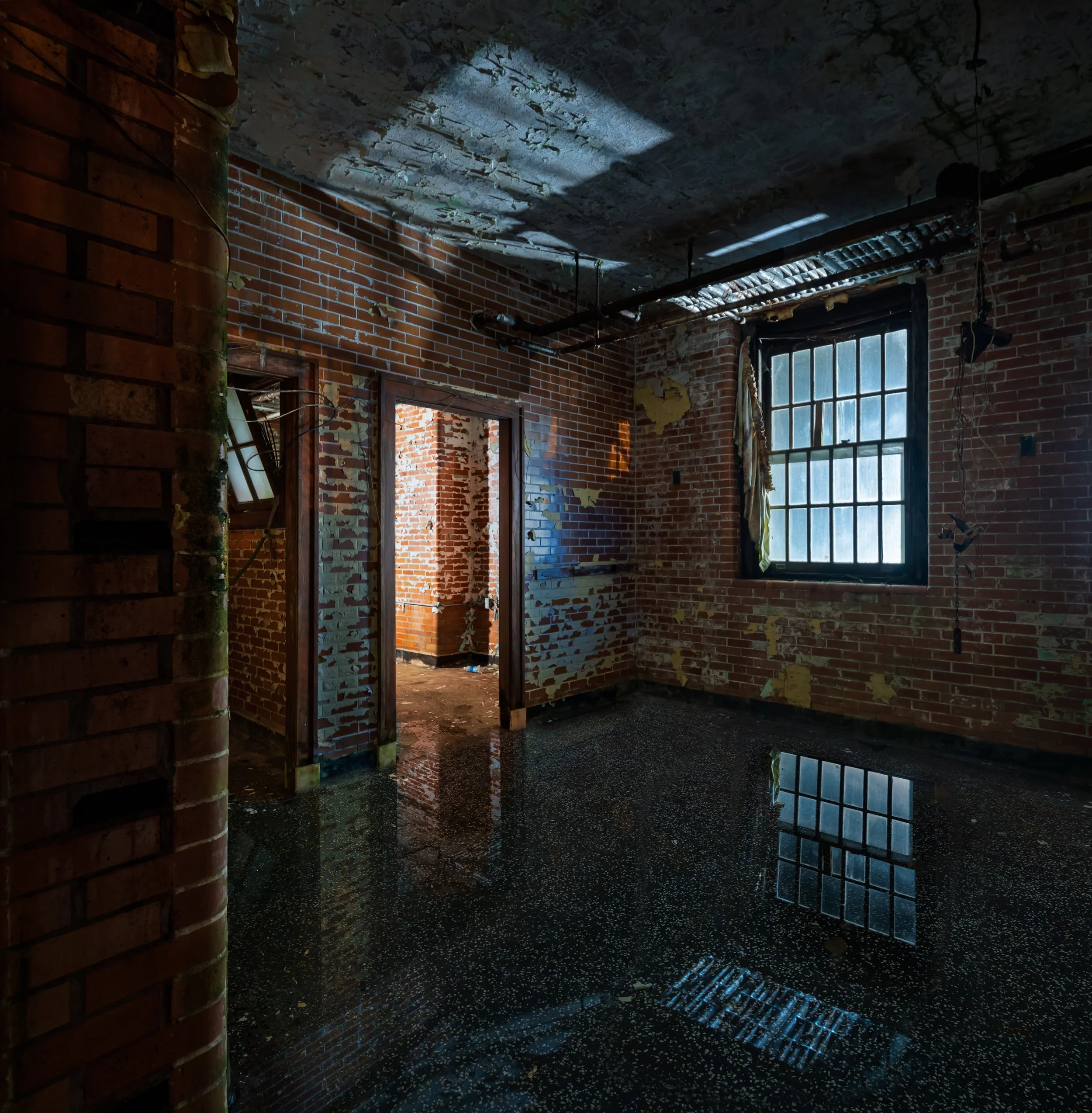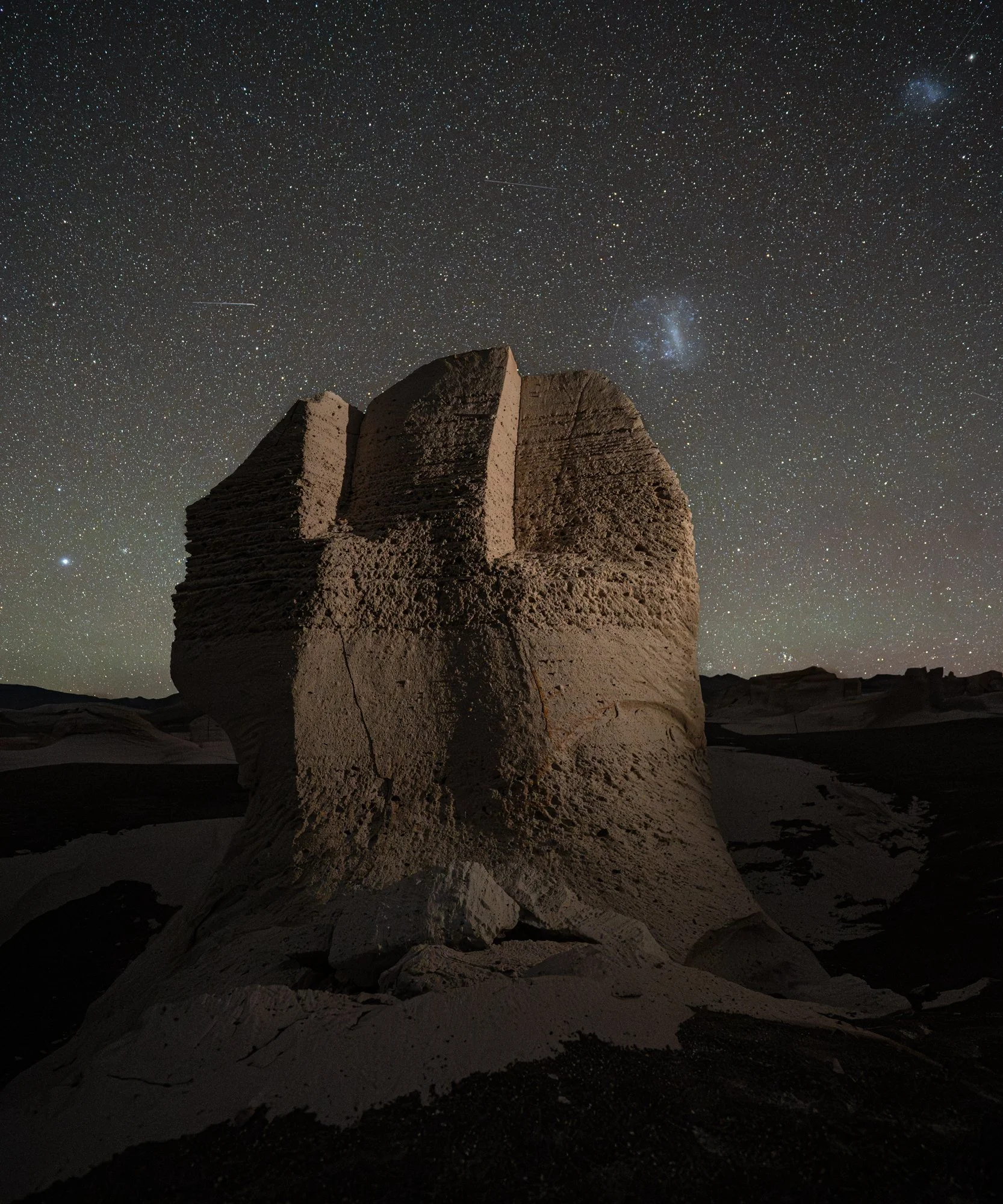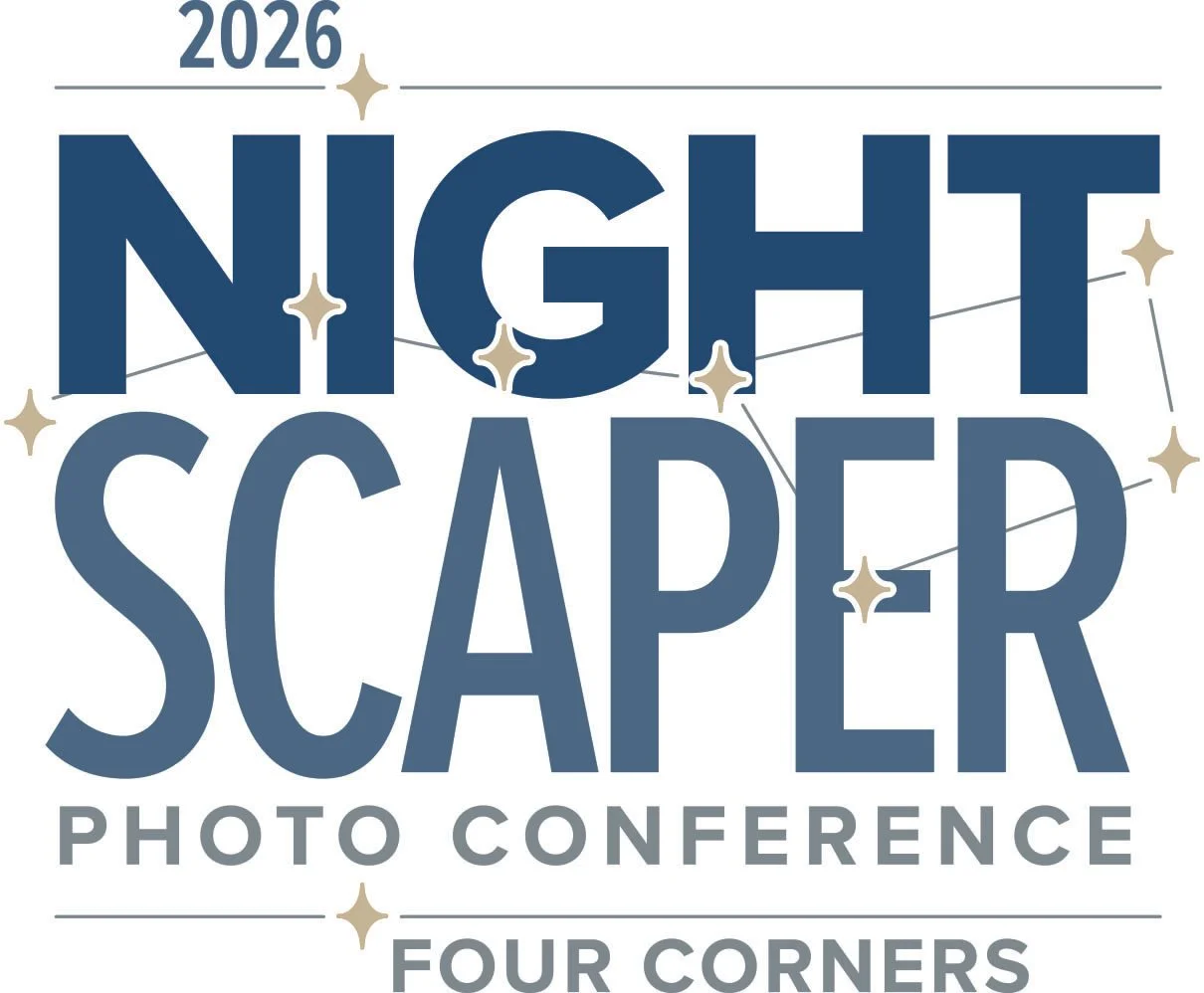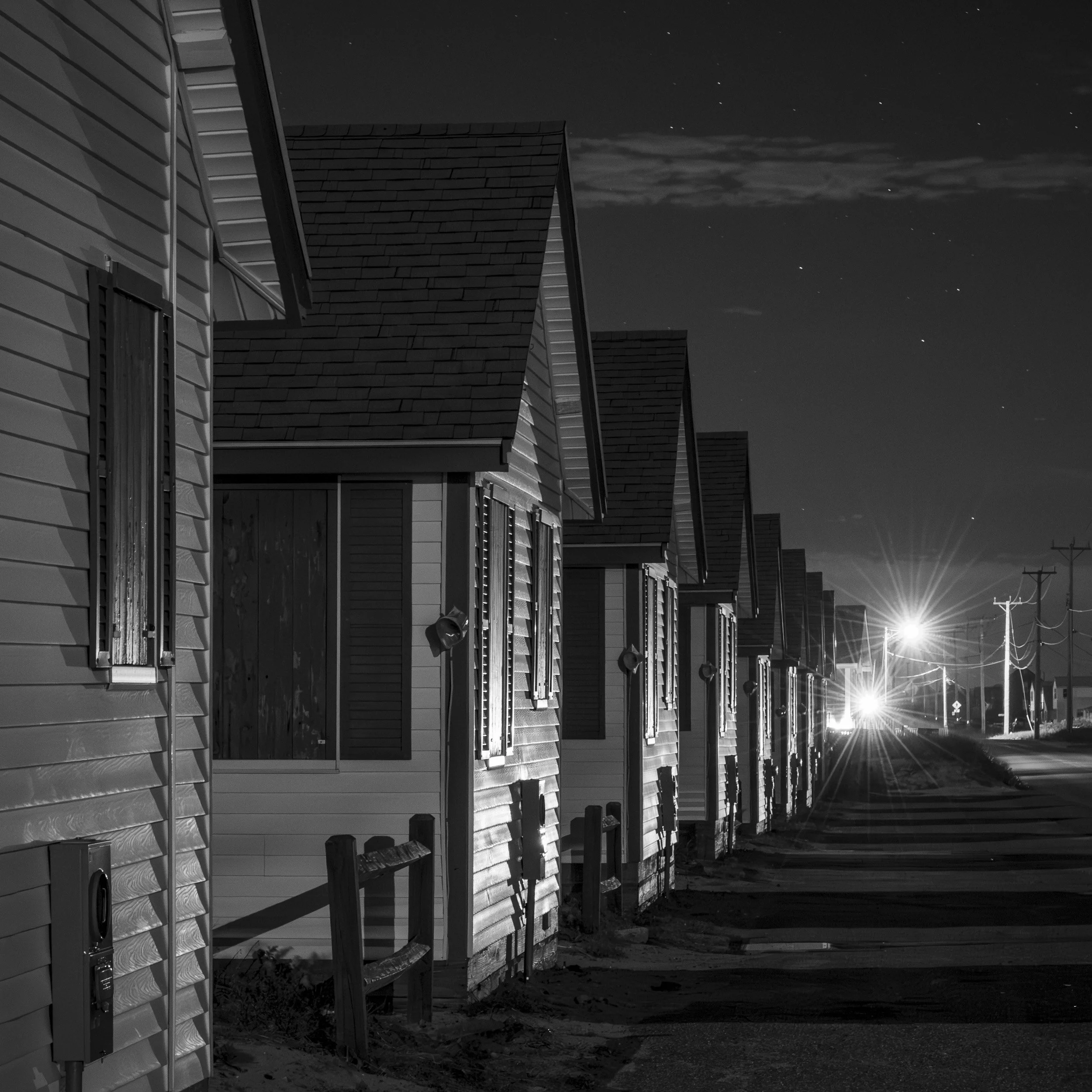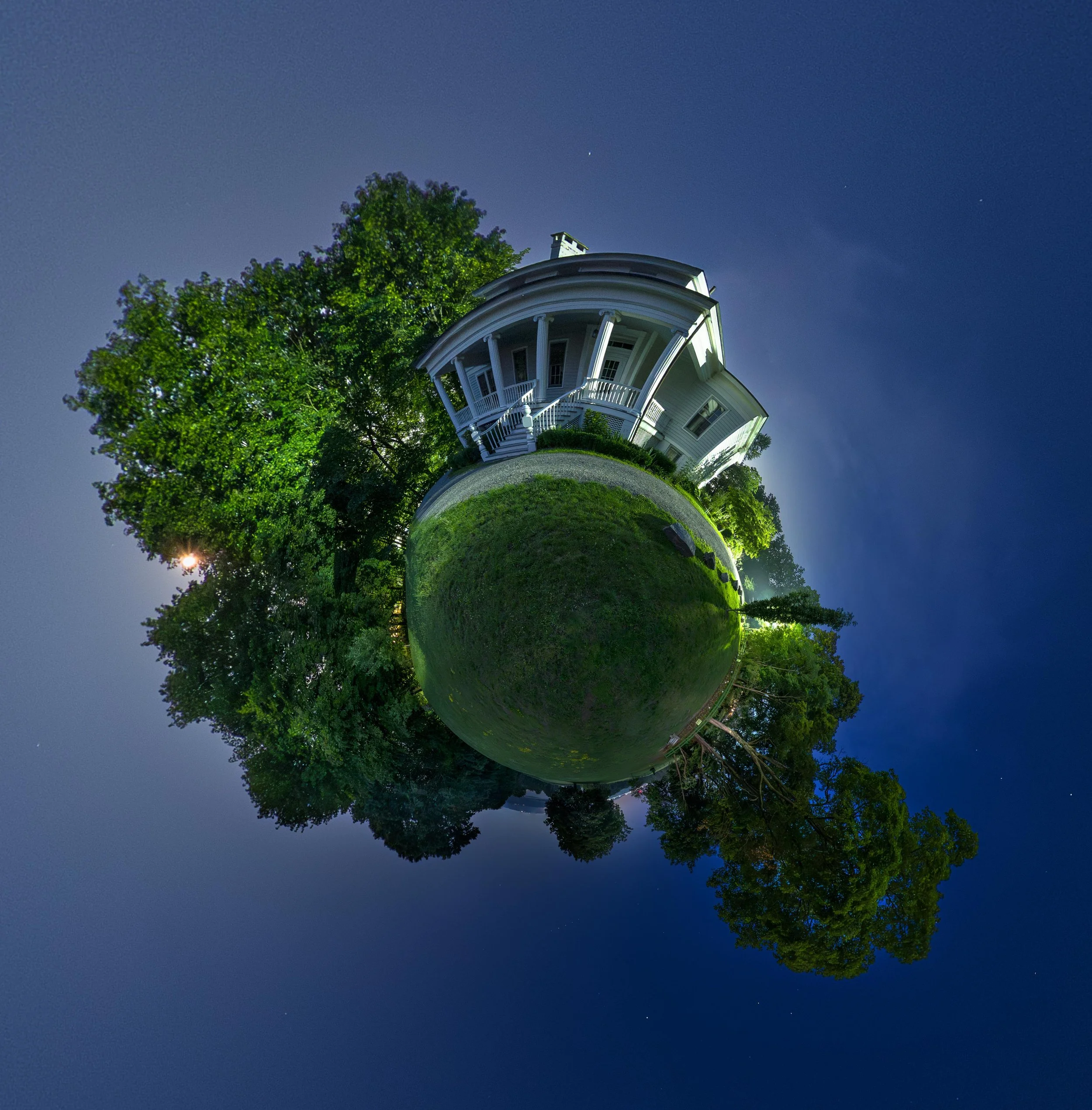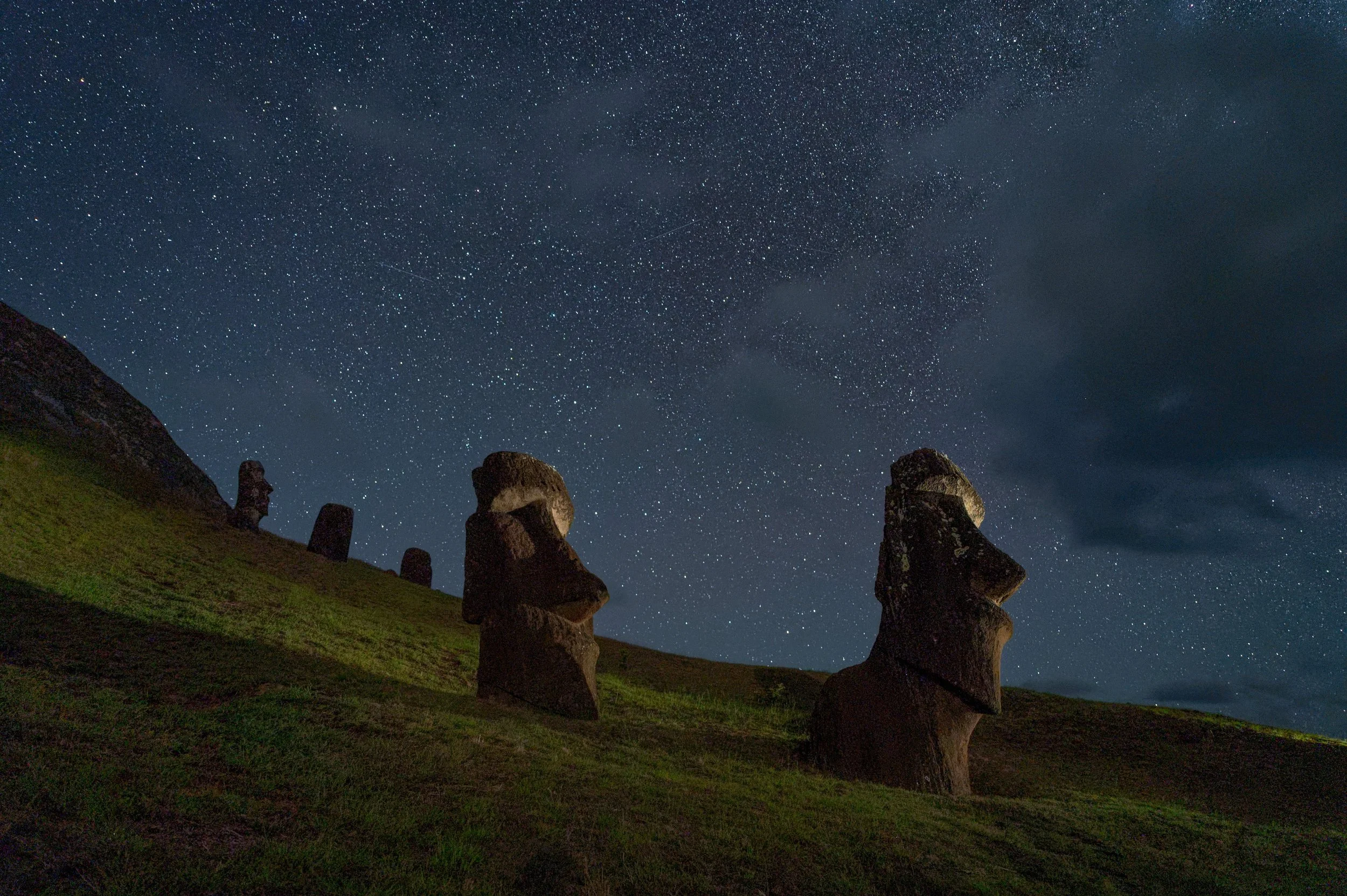Here we are. After waiting for it to come for years, the week of the Great North American Eclipse is now over.
Four of the five of us at National Parks at Night enjoyed the few minutes of darkness. I was with my daughter Maggie on an eclipse-chasing road trip to eastern Kentucky. Lance was with his wife Katherine in their backyard in Vermont. Matt and Gabe were leading our workshop in Arkansas’ Hot Springs National Park.
In the days that followed, we looked around social media and saw so many wonderful and creative images made during that 4 minutes of magic, set in so many inspiring places along the path of totality. And we noticed that many of those photographs were made by former attendees of our workshops and conferences. Really—the work we’ve seen has blown us away.
So we decided that instead of celebrating our own eclipse images, we want to celebrate theirs.
Below you’ve find eclipse photographs and eclipse stories from 11 of the amazing night photographers we’ve had the pleasure of working alongside over the past decade. We hope you enjoy their art.
Of course, these aren’t all the photographs created by our alums, nor by the uncountable number of night photographers around the globe. So many images are still showing up on social media, and we applaud them all.
If we missed you in the celebration below, please add your photo and your story to the comments section, or on our social media. We’d love to see what you did!
Charles Barker
Nikon Z 9 with a Nikon Z 100-400mm f/4.5-5.6 lens at 400mm. Composite of exposures from 1/800, f/8, ISO 800 (phases) to 1/60, f/22, ISO 800 (totality).
I went to Cuyahoga National Park in Ohio. I approached this without full awareness of just how special this experience would be. I planned for this event, spent lots of time listening to others describe it, I’d seen pictures and thought I knew what I was about to see. Yet, as the moment of totality arrived, I was still astonished, startled and in awe. Staring at the dark sphere where the sun should be, I realized I’d taken the sun for granted my entire life. The collective gasp and applause of other park-goers nearby reminded me that we were all sharing this amazing moment, and it was one none of us would ever forget.
Ed Finn
Fujifilm X-T5 with a Fujifilm XF 8-16mm f/2.8 lens at 15 mm. Composite of 35 frames shot at 1/40, f/5.6, ISO 400.
I shot this in Lake Placid, New York. We drove there Friday through a snowstorm, and it snowed all day Saturday as well, with solid thick clouds. We scouted the area for the best shot on Sunday. The eclipse was high in the sky Monday, which made finding an interesting foreground a challenge. At the back of the hotel we were staying in I could frame the shot through some trees, with mountains behind. The area filled with people from the hotel and the neighborhood to see the eclipse, and we were pleased that the snow stopped and the clouds lightened by showtime for the eclipse tailgate parties.
Holly Looney
Canon R3 with a Canon RF 100-500mm f/4.5-7.1 lens at 400 mm. Composite images shot at 1/500, f/8, ISO 1600.
I shot this in Ouachita National Forest in Hot Springs, Arkansas, as part of National Parks at Night’s Hot Springs and the Total Eclipse workshop. I did this composite because I was struck by the number of onlookers who left the area following the end of totality. That was definitely not the end of the eclipse and this is a visual of that fact.
James Embrescia
Sony a1 with a Sony 200-600mm f/5.6-6.3 lens.1/500, f/8, ISO 800, shot at intervals of 1 minute, 20 seconds intervals.
I just took the online black and white workshop with by Tim and Lance, so I wanted to try a black and white picture of the eclipse. I like photos that capture abstract patterns and the motion of natural things, so this was a natural for me. I picked an interval I thought would work based on something I read about speed of motion during an eclipse, and I was lucky.
Jurgen Lobert
Sun images: Nikon Z 6II with a Nikon Z 180-600mm f/5.6-6.3 at 600 mm. 1/180, f/8, ISO 100. Foreground: Nikon Z 6II with a Sony 14mm f/1.8 lens at 1/2, f/11, ISO 200.
After planning for Texas because of less chance for clouds, I cancelled my trip on short notice to escape the tornado warnings and rain forecast, and I ended up near Pittsburg, New Hampshire, on a perfectly clear day with a bunch of friends. I decided to stress myself out and operate three cameras, one for closeups, one for landscape and another for a 360-degree view with a circular fisheye to capture that awesome moment with darkness above and sunset all around.
Klaus-Peter Statz
Totality: Nikon D780 with Nikon 200-500mm f/5.6 lens at 400mm. 1/160, f/8, ISO 400. Foreground: Sony RX100V at 24mm (built-in lens). 1/30, f/1.8, ISO 500.
After shooting the 2017 eclipse (also during a National Parks at Night workshop, in Idaho) and missing most of the spectacle as I was busy operating two cameras, I vowed that this time I would shoot only the corona and would spend the remaining time watching the eclipse with my own eyes. When totality happened I had my Nikon shoot bracketed close-up exposures, triggered with a remote release. Watching the eclipse I was so impressed by what I saw that I spontaneously snapped a few frames with my trusted Sony point-and-shoot, one of which serves as the foreground for this composite. The sun/moon at totality is one of the frames shot with the Nikon at 400mm. The two together are the perfect representation of what I saw and experienced.
Lawrence Lee
Pentax K-1 Mark II with a Pentax 150-450mm f/4.5-5.6 lens at 410mm. 1/2500, f/8, ISO 800.
This was my first total solar eclipse experience and it was truly amazing. Shot in Lake Placid, New York, at the Olympic Ski Jumping Complex. We had spent the weekend scouting locations and chose this spot for its easily identifiable ski jumping towers. I shot the eclipse with two cameras using the 150-450mm telephoto lens and a 15-30mm lens.
Patricia Blake
Sun images: Canon 5D Mark IV with a 200mm lens. 1/800, f/6.3, ISO 1600 during totality, plus bracketed exposures with a NiSi Solar Filter Pro Nano UV/IR Cut ND during the other phases. Foreground: Canon 60D with a 14mm fisheye lens. 1/6, f/8, ISO 1600.
The 2024 eclipse happened to go right over my hometown in New Castle, Indiana. I just knew that I wanted to get a shot of the eclipse phases over a historic Indiana barn. This beautiful barn was built in 1860 and happens to be owned by an astrophysicist who was thrilled to have a night sky nerd like me ask if I could sit in his empty cornfield during the eclipse. I made some wonderful new friends and truly enjoyed photographing. Getting muddy in a cornfield was absolutely worth it!
Shari Hunt
Sony a7R III with a Sigma 150-600mm f/5-6.3 lens. 1/250, f/6.3, ISO 100.
I was initially going to chase clear skies, but decided the day before the eclipse to stay in Dallas. With heavy low clouds most of the morning (even just an hour before totality), I thought it would be a total bust. However, I met fellow National Parks at Night alum Beth Kochur at our nearby lake and set up, with fingers crossed. Everything turned out perfect just in time and the eclipse was insane. Now I understand the addiction (kinda like night photography).
Sudhir Mehta
Sony a7R III with Sony 100-400mm f/4.5-5.6 lens at 400mm. Composite of totality pictures shot at shutter speeds ranging from 1/200 to 2 seconds, f/11, ISO 200.
I shot the eclipse while on the National Parks at Night workshop to Hot Springs National Park. This was shot in Charlton, near Hot Springs, Arkansas.
Terry Kahler
Sony a7 IV with a Sony 200-600mm f/5.6-6.3 lens. 1/160, f/6.3, ISO 800.
I shot in Austin, Texas. I wasn’t too excited about this event as photographing the solar eclipse is not part of my bucket list. As a result, I was not prepared. My camera gear sat on the shelf as it has for months. At about 1:13 p.m. local time, even though we had very cloudy skies and I had only minutes to prepare, I decided that I should get myself in gear and prepare to photograph the event just in case conditions improved. So I got up from my desk and retrieved my camera gear only to note that the batteries were depleted. However, I found one battery with a 47 percent charge. I inserted the battery in the camera, mounted my lens and headed out to photograph this astronomical event. Right place, right time.
Your Turn
Did you shoot the eclipse too? We’d love to see your images! Share in the comments below, or on our Facebook page, or on Instagram (tag us @nationalparksatnight #nationalparksatnight #seizethenight). Be sure to tell a story too—the technical aspects, the challenge overcome, or a tale of the experience.
